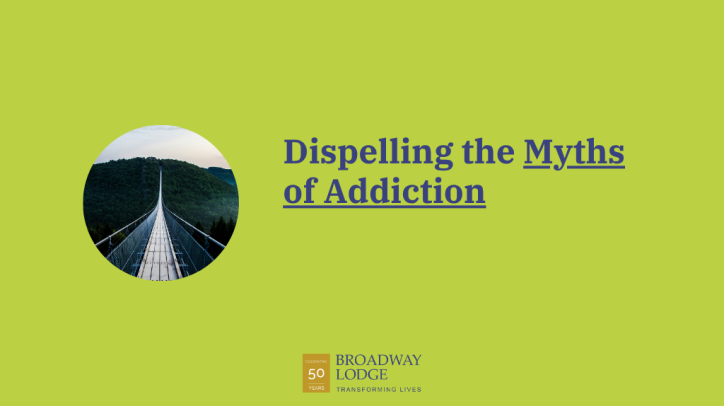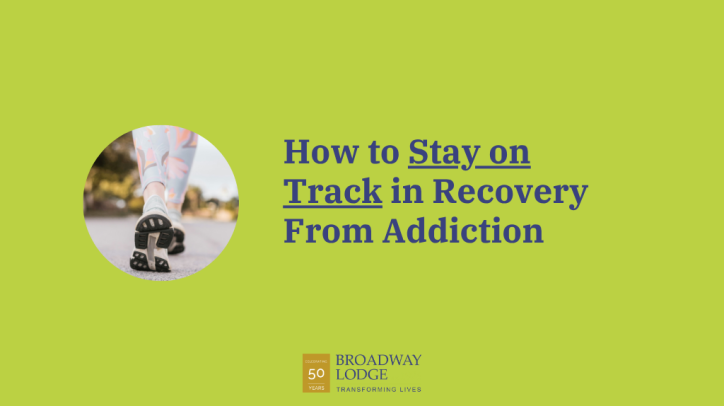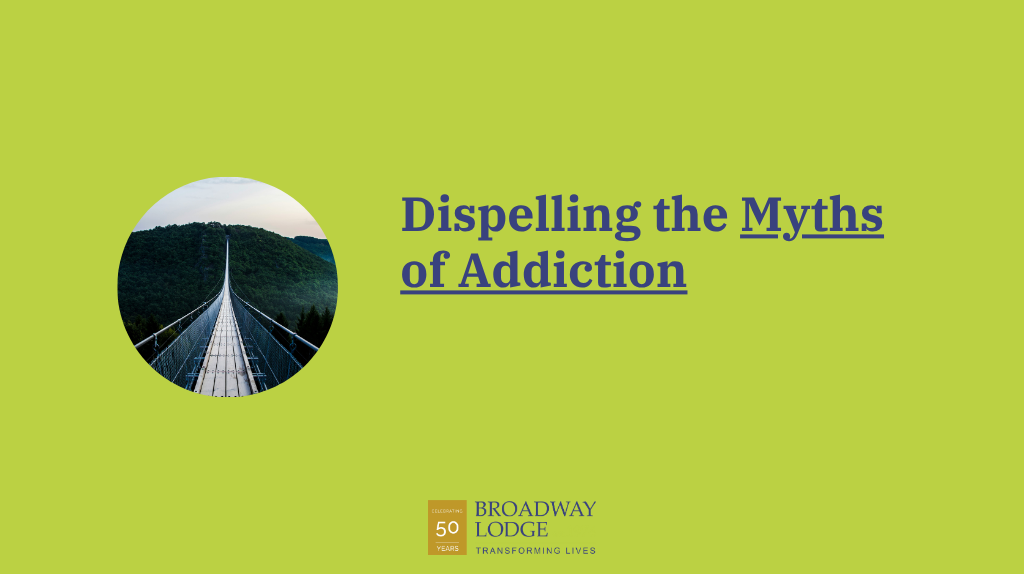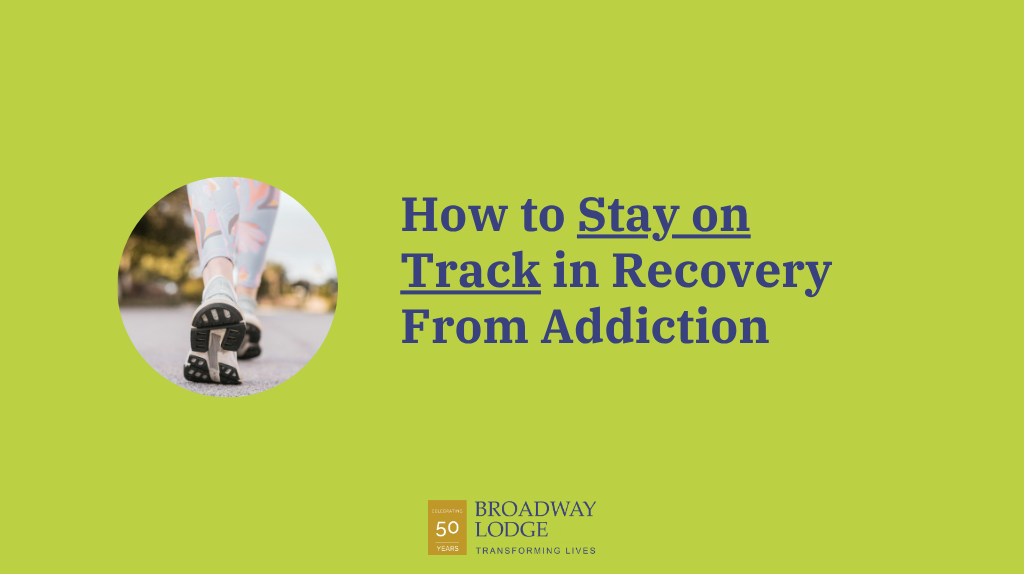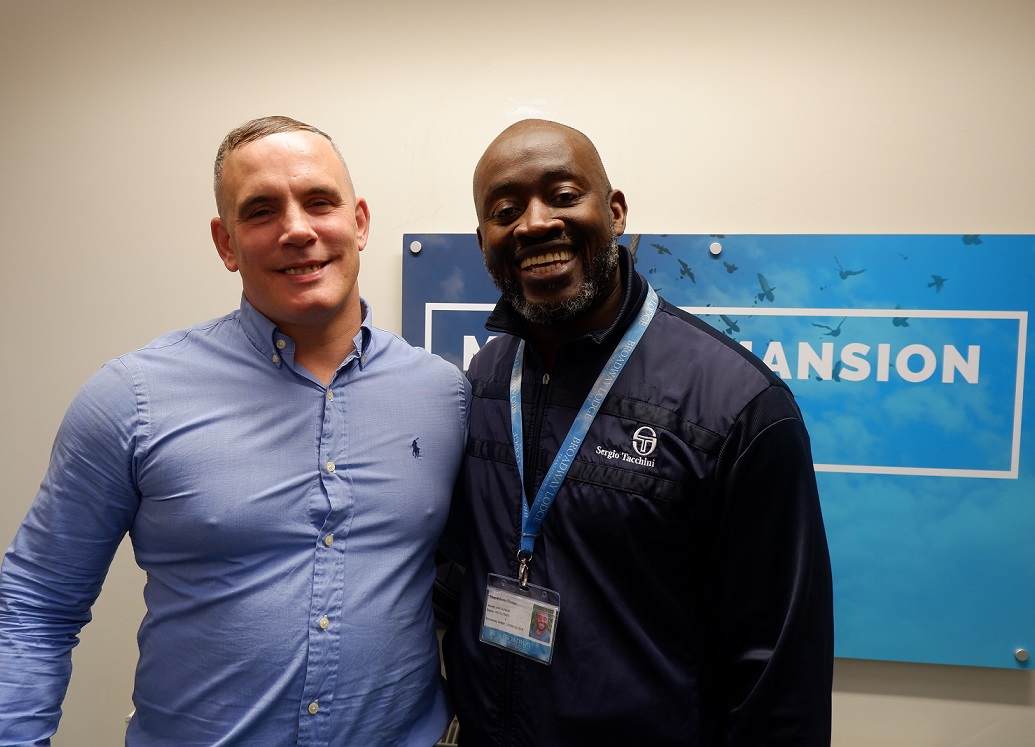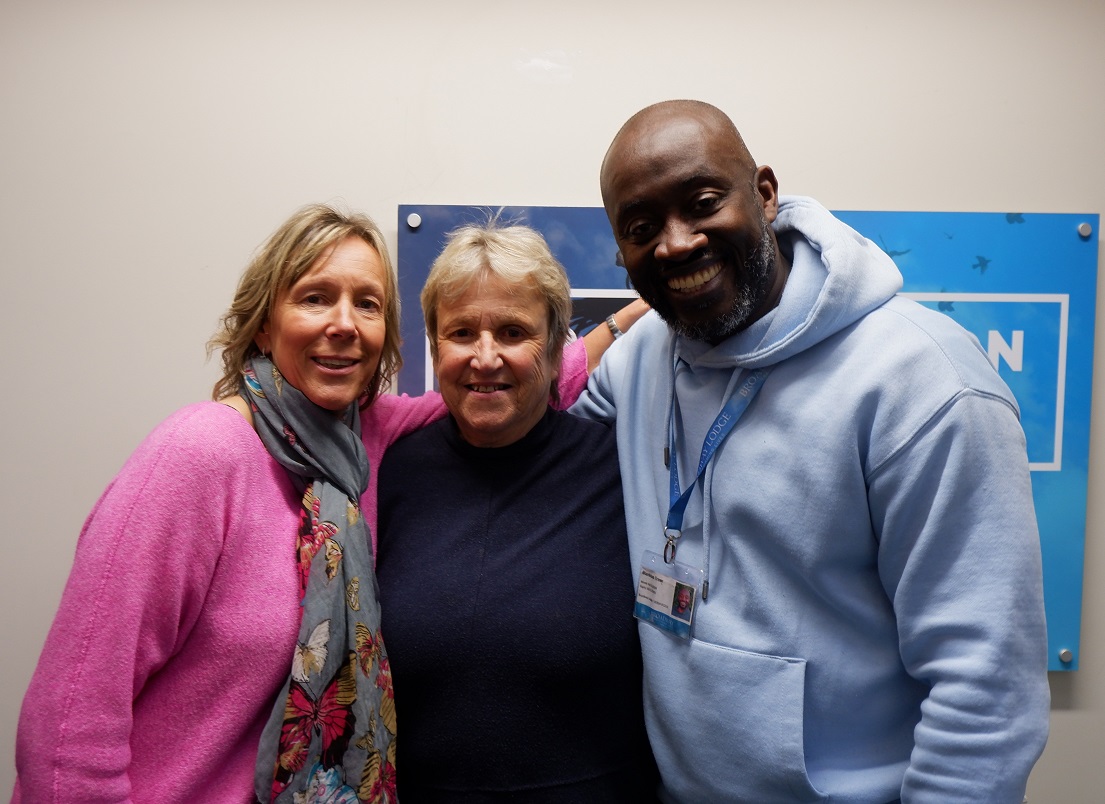What is the 12 Steps?
In basic terms, the 12 Steps programme is a set of principles to help people suffering with addiction to live life in recovery, free from the harmful substances and/or behaviours they were addicted to. Individuals practicing the philosophy aim to apply the guiding principle, behaviours and traits required for each step every day to help rebuild a life of increased self-esteem and self-confidence.
Broadway Lodge’s abstinence-based programme focuses on the 12 Step philosophy and is integrated with a comprehensive range of holistic therapies, counselling and workshops along with support from peers, staff and fellowships. These combined enable individuals to gain the tools required for the best chance of a successful long-term recovery.
Why simplify the 12 Steps?
The 12 Steps wording hasn’t changed since it was first developed by Alcoholics Anonymous in the 1930’s and can be difficult to understand without any further explanation from someone who is familiar with them. There is also another problem with the language used – the word ‘God’ indicates to many people that you would have to be religious to apply the 12 Steps. This is not the case. At Broadway Lodge, we interpret ‘God’ to mean ‘Good Orderly Direction’, and clients can choose to apply anything that’s important to them as the good orderly direction, whether it’s a faith, music or nature for example.
With the confusing language in mind, we feel that it would be beneficial to publish a simplified, modern-day version of the 12 Steps which can be read below.
Step 1
Guiding Principle: Honesty
Realisation: “I realise I have a problem and I’m stuck”
Theory: If you cannot get honest about the scope of your problem and honest about a sincere effort to resolve it, you will not succeed.
Step 2
Guiding Principle: Hope
Realisation: “I’m willing to ask for help and see things from another perspective”
Theory: In order to engage in a course of addiction recovery, we must have hope of success. If there’s no hope, why try? A way to instil hope is to realise recovery is not a question of ability, but rather persistence and application.
Step 3
Guiding Principle: Faith
Realisation: “I will let go of control and seek contentment”
Theory: This stage of action is to begin to employ the recovery skills being learned. You can seek out help, but it’s necessary to utilise it. Our job is to become willing to do the right thing. A simple way to view the next right thing is don’t engage in your behaviour. Have faith it will work.
Step 4
Guiding Principle: Courage
Realisation: “I honestly look at the impact of my actions”
Theory: This step is really about courage to honestly look at ourselves. Take a look at how our behaviour has become warped to justify our continued behaviour. We are here to take an honest assessment of ourselves.
Step 5
Guiding Principle: Integrity
Realisation: “I take responsibility for my actions”
Theory: If we have truly done a thorough job of introspection and evaluation of our assets and shortcomings, do we have the integrity to own up to it? It can be very difficult to be open and honest about our past behaviours. We accept the need for a dose of humility.
Step 6
Guiding Principle: Willingness
Realisation: “I am willing to change”
Theory: Now we have accomplished an inventory of the good and not so good aspects of our character and behaviour, are we willing to change them? All of them? The important part is the willingness to let go of old behaviours.
Step 7
Guiding Principle: Humility
Realisation: “I will ask for help to change”
Theory: We move further into action, becoming willing to let go of our old behaviours. Now we ask for help in actually letting go. Can we learn to forgive ourselves?
Step 8
Guiding Principle: Discipline & Action
Realisation: “I stop blaming others and am willing to make amends”
Theory: We continue to remove the old barriers that can block forward, sober growth. We are getting ready to sweep our side of the street clean.
Step 9
Guiding Principle: Forgiveness
Realisation: “I make amends”
Theory: Asking forgiveness of those we have intentionally or unintentionally injured is the order of the day. We try to correct those injuries through action not just words. It is highly recommended that guidance and help is utilised. Asking forgiveness is not a gift to the other person but an act of kindness to you.
Step 10
Guiding Principle: Acceptance
Realisation: “I pay attention to my motives and the effects of my actions”
Theory: To be human is to make mistakes. Hopefully our journey has led us to the point where we can readily admit mistakes and accept ourselves for being imperfect. We must also learn not to judge others but accept them for who they are, not our vision of who they should be.
Step 11
Guiding Principle: Knowledge & Awareness
Realisation: “I stay tuned to who I am and what I can do”
Theory: We search and become aware of following our path, being aware of our purpose in life and actively pursuing it. Be aware, do not be caught up in the rush of life; make a conscious effort to do the right thing and be at peace.
Step 12
Guiding Principle: Service & Gratitude
Realisation: “Having changed, I can now reach out to others who feel stuck”
Theory: Having brought about a personality change sufficient to remain in recovery, we are empowered to demonstrate the new principles by which we live, in our daily lives through example. We seek out and are available to help others in need.



